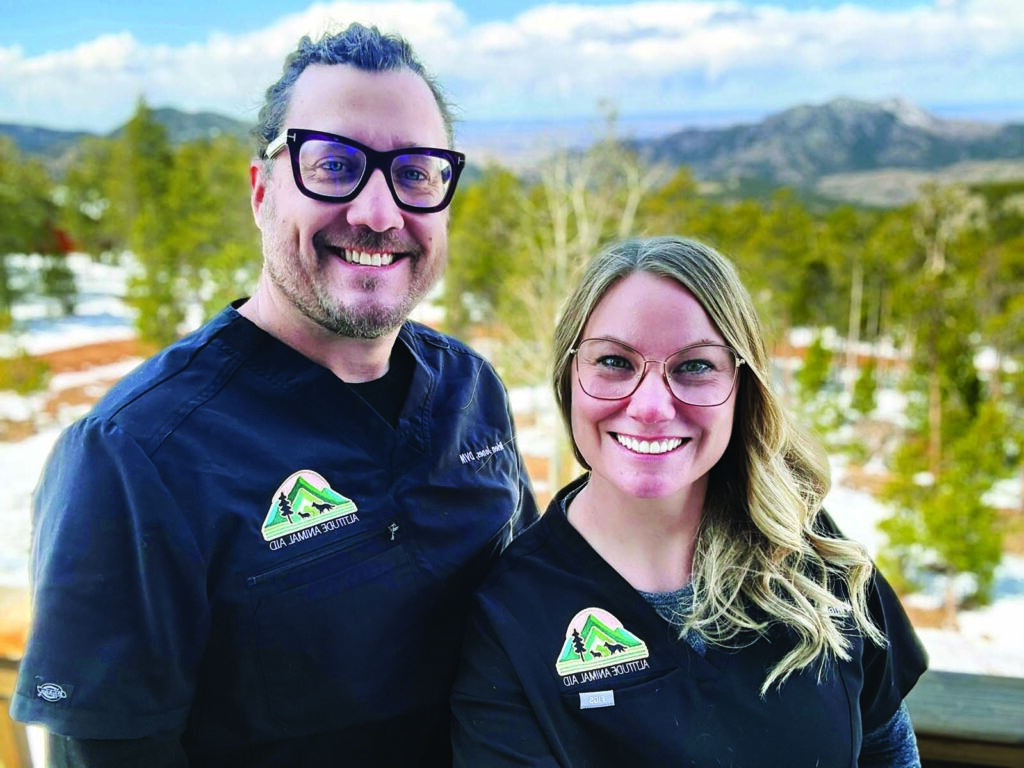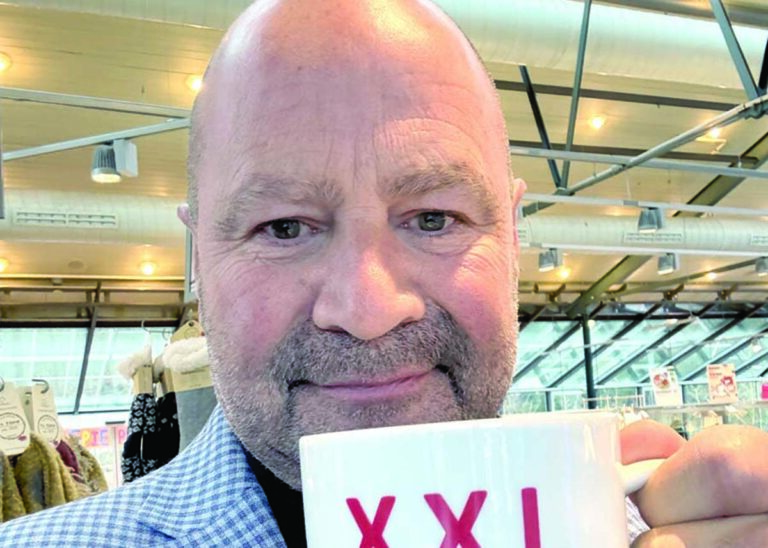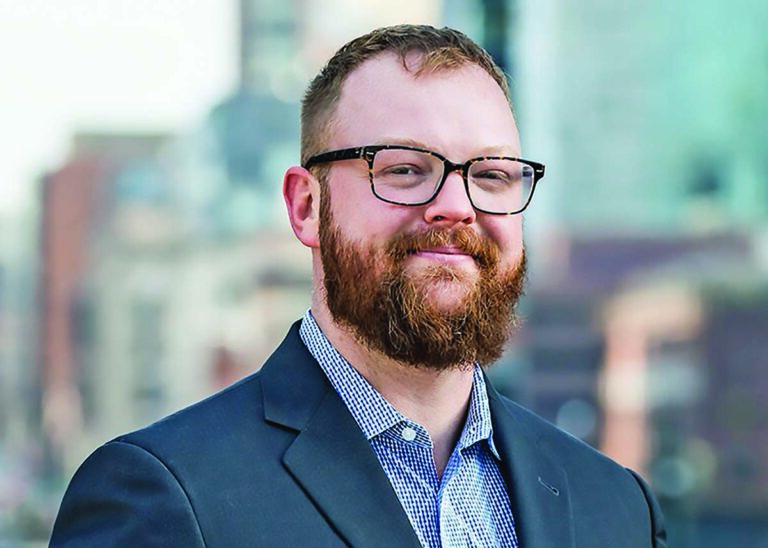For many, a trip to the vet is a cacophony of chaos. It begins with trying to stuff the family cat, which has suddenly developed the temperament of a cornered badger, into a plastic carrier. This is followed by a drive where the beloved pet voices its discontent, culminating in an invoice that could require a second mortgage.
Brien Jones and Ali Ihlenfeld understood this struggle intimately. It was their own experience with their senior dog that sparked the idea for a different kind of veterinary care. “It was just really hard to get her in the car and take her to the vet,” Brien recalls, “it was a really exhausting process for her… but also for us”.
Their answer was to bypass the problem entirely. In February 2025, they launched Altitude Animal Aid, a mobile veterinary service designed to bring compassionate care to a client’s doorstep. The business was initially conceived as a small service for friends and neighbors in Coal Creek Canyon. But word got out. Today, they cover a larger territory including Boulder, Netherland, Wheat Ridge, Arvada, and Golden. The model has proven particularly beneficial for feline patients. While a typical brick-and-mortar clinic might see an 80/20 split between dogs and cats, Altitude Animal Aid’s patient load is 65% dogs and 35% cats.
Their current medical command center is a Chevy Avalanche outfitted like a field hospital. Focused primarily on dogs and cats, they handle everything from routine check-ups and vaccinations to minor illnesses, wounds, and end-of-life care. “There’s three big items that we can’t do out in the field,” Brien explains, which are surgery, dentals, and X-rays. The team hopes to invest in a fully-equipped mobile unit within the next year, which would allow them to perform surgeries and dental cleanings from a client’s driveway.
Brien and Ali’s business philosophy is deeply connected to their community. Their marketing efforts are intensely local, utilizing community newspapers, local events like the Coal Creek Canyon farmers market, and posting flyers in area gas stations and coffee shops. This grassroots approach has clearly resonated; last month was their busiest to date.
This dedication extends to ensuring disadvantaged customers have access to care. Ihlenfeld emphasized their creative and flexible approach, stating, “for us it’s about finding ways to say yes and supporting people.” The team recently traveled to Idaho Springs to assist an elderly woman with her 100-plus pound dog that had mobility issues. “Those are the kind of things where we can make a huge impact,” explains Jones.
Before pursuing veterinary medicine, Brien was a classically trained chef who studied at Le Cordon Bleu in Florida. His life took a pivotal turn when his mother’s illness forced him to re-evaluate the demanding career in the restaurant industry, leading him to discover a desire for helping animals. Ali, by contrast, has spent most of her professional life in the veterinary field. Her degree in communications with a minor in Public Relations provided a strong foundation for a diverse career, enabling her to learn the business from the ground up—from starting as a receptionist to eventually managing a large emergency hospital with over 100 employees. Their distinct backgrounds reflect their roles within the company, with Jones leading the medical aspects and Ihlenfeld helming business operations. But ‘business partners’ is only part of their story; Brien and Ali are also married.
Their relationship allows them to share candid feedback that might not exist in traditional business partnerships. “I’m less worried about hurting his feelings,” Ali explains. “If [something] that didn’t go well,’ I’m just going to tell him”. This level of trust allows them to respectfully challenge each other and constantly improve. Their real superpower, however, may be the time spent driving between appointments, which provides a unique opportunity to immediately recap the previous visit and discuss how to do better, allowing for constant, agile improvement.
They have found that pets are objectively more comfortable in their own environment. Jones estimates that in a traditional clinic, “eight or nine out of 10 patients” are visibly anxious, trembling, or hiding under chairs. By eliminating the stressful car ride to an unfamiliar clinic, they reduce the anxiety that accompanies a traditional vet visit, saving owners time and heartache while putting the well-being of pets and their families first.






